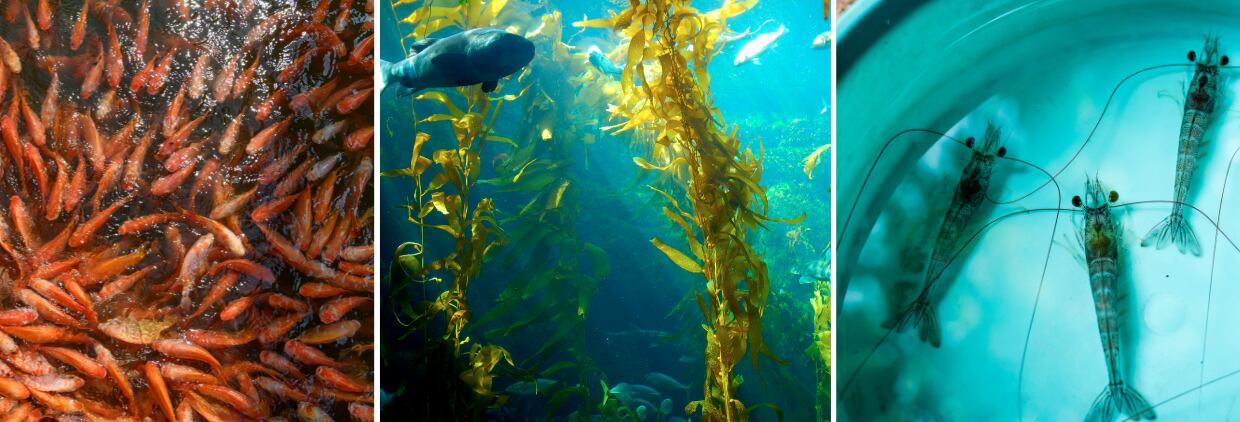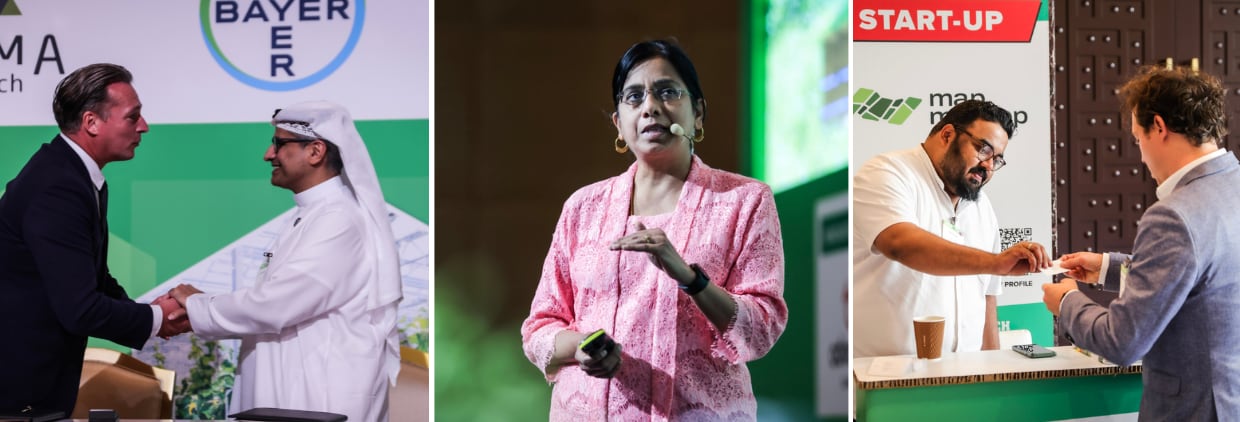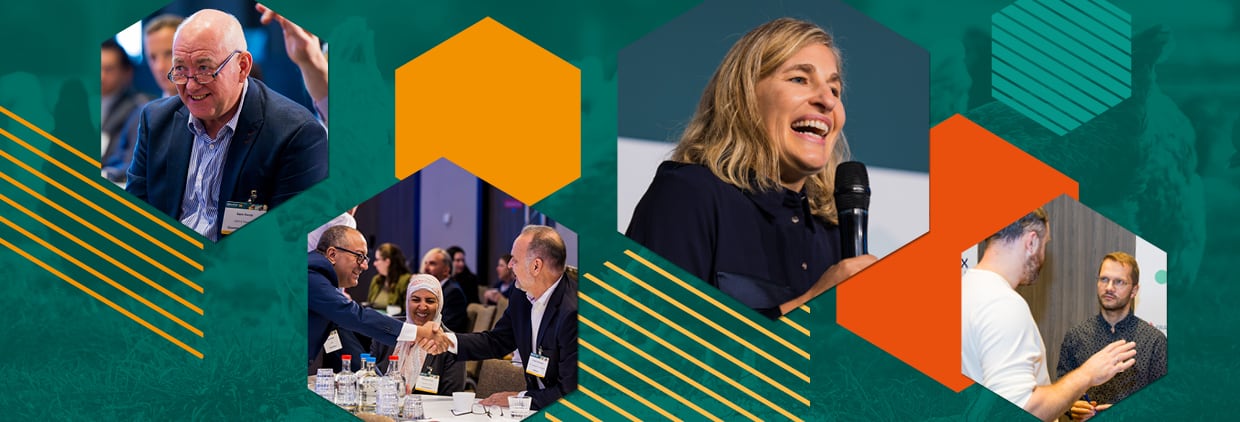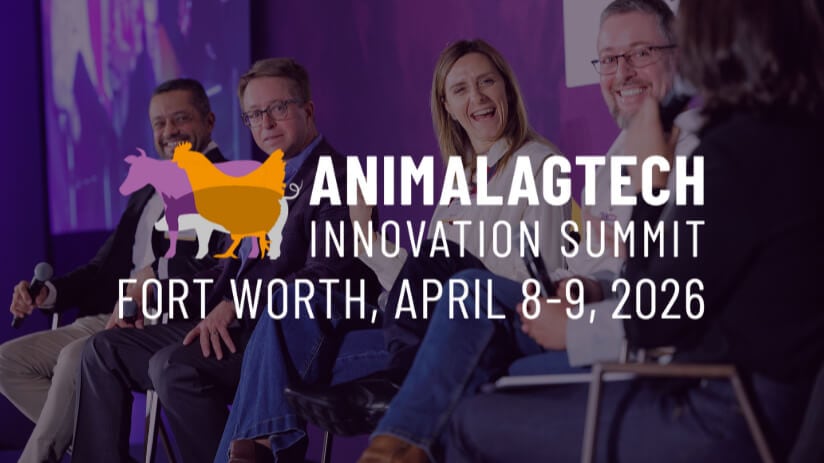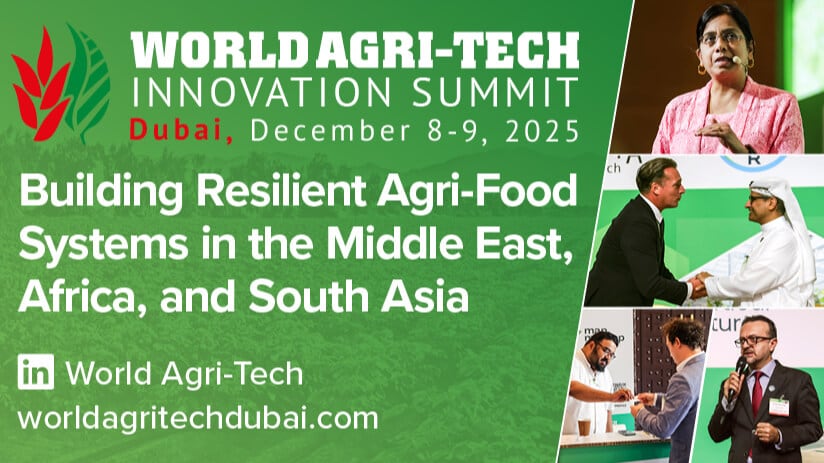As the aquaculture and seafood industry evolves, the quest for sustainable, cost-effective, and scalable feed solutions is driving significant innovation in the sector.
Reliance on conventional feeds, largely based on fishmeal and fish oil, is gradually decreasing. Novel ingredients such as insect proteins, algae-based oils, and microbial single-cell proteins are no longer merely alternatives filling a gap; they are rapidly emerging as vital components in the future of sustainable seafood production.
Increasingly, industry experts and investors are asking: When will these innovative ingredients move from being experimental to becoming the norm? As production technologies improve and collaborative efforts intensify, the journey to widespread adoption is gaining momentum.
Today, novel feed solutions are easing the pressure on traditional feed sources, driving enhanced sustainability, improved nutritional performance, and a more resilient global food supply chain.
The transition from conventional to next-generation aquafeeds hinges on strategic partnerships and industry-wide collaboration. Feed producers, ingredient suppliers, and regulatory bodies are combining forces to address critical challenges, including scale-up hurdles, cost control, and quality standardization. Such collaboration offers several key catalysts for the adoption of novel aquafeeds:
Barriers to adopt novel aquafeed solutions
Ahead of the Blue Food Innovation Summit in London (8-9 April), experts and key stakeholders from the value chain, including Biomar, MiAlgae, Nuseed Nutritional, Calysta, and Fluid Quip Technologies, share vital strategies to overcome the multifaceted challenges of scaling novel aquafeed ingredients. These include:
Building trust Benita Boettner, General Manager at Nuseed Nutritional highlights trust as the biggest component: “The biggest challenge we faced in the early days was building trust in a novel ingredient. Our research partners at NOFIMA and commercial salmon production partners have been essential in validating the safety and efficacy of omega-3 in fish feeds improving fish health, fillet quality, and overall omega-3 content for the consumer.”
Technical and production challenges Unlike traditional feeds with long-established manufacturing processes, novel ingredients may require new production technologies and rigorous quality control to meet the specific dietary needs of various aquatic species. Katherine Bryar, Global Marketing Director at Biomar puts this into perspective: “Bringing raw material innovations to market requires more than just replacing traditional ingredients, they need to deliver real value.”
High initial costs and economic viability The production and processing of alternative ingredients, such as insect proteins or microbial proteins, typically involve substantial upfront investments. “When introducing alternative ingredients, especially those with a higher price tag, they must provide clear benefits, whether by improving fish and shrimp health, enhancing animal welfare, or reducing environmental impact,” adds Bryar.
Regulatory uncertainty Regulatory frameworks for novel aquafeed ingredients are still evolving. Approval processes can be lengthy and complex, varying significantly by region. “Our regulatory approval in key markets around the world is a testament to the years of research. The challenge we are currently facing is the market acceptance of GM-based products in Europe. However, perception is rapidly shifting, with recent surveys showing that Millennial and Gen Z consumers are more positive than older generations,” adds Nuseed Nutritional’s Boettner.
Market trust and consumer perception Aquaculture producers and consumers alike are cautious about changing from proven, traditional feed sources. There is a need for more extensive field trials and long-term performance data to build trust in the efficacy and safety of novel feed ingredients.
Case in point, Aker BioMarine who have been successful turning an alternative ingredient, krill feed, into a recognised sustainable solution.
“Our systematic approach to demonstrating reproducible and sustainable harvest and production has established new industry benchmarks. We’ve elevated market expectations by documenting krill’s superior omega-3 delivery and comprehensive nutritional benefits through extensive research and commercial applications,” says Pål Skogrand, VP Policy and Impact at Aker BioMarine.
Novel feed solutions: Advancing innovation for sustainability
Novel feed ingredients – including insect proteins, algae-based oils, and microbial single-cell proteins – represent a promising frontier in aquafeed technology. These alternatives offer reduced environmental impacts, the potential for localised production, and the capacity to convert waste streams into valuable nutritional resources.
Calysta employs natural gas fermentation to produce single-cell proteins, offering a viable substitute for traditional fishmeal. Notably, China has approved the use of Calysta’s alternative protein in aquaculture feeds, underscoring international regulatory acceptance and market potential.¹
BioMar is also actively exploring ideal aquafeed formulations, particularly for waterborne feeding applications in salmon farming as part of a broader strategy to improve feed efficiency and sustainability in high-value species production.²
Its focus on measurable improvements, such as carbon footprint and forage-fish dependency ratio (FFDR) is also paving the way for more responsible aquaculture.
“That’s why we focus on measurable improvements, using our Blue Impact parameters, such as carbon footprint and FFDR. But change doesn’t happen by pushing, it needs a pull from the market, driven by demand for better, more responsible aquaculture,” adds Biomar’s Bryar.
Scaling collaboration, discourse, and partnerships
Successful scaling of novel feed solutions will require robust collaboration across the aquafeed value chain. Partnerships between feed producers, ingredient suppliers, and regulatory authorities are vital in addressing the challenges and benefits of this transition.
As Bryar concludes: “Collaboration across the value chain is essential for driving progress in aquaculture.”
“By forming strategic partnerships with suppliers, farmers, researchers, and certification bodies, we share the cost of innovation, ensuring new solutions reach the market efficiently and at scale.
“These collaborations help secure ingredient consistency, streamline regulatory approvals, and maintain a reliable supply of high-performance aquafeeds,” adds Bryar.
Longer term supply partnerships Benefits of long-term partnerships exceed scalability as they can also stabilize the value chain.
“When feed companies commit to long-term supply agreements, all parties benefit. Nuseed is incentivized to scale and our customers benefit from reduced price and supply volatility with a reliable, high-quality omega-3 canola oil; allowing us to continue developing an omega-3 portfolio that will move aquaculture and agriculture to a more sustainable future,” says Boettner at Nuseed Nutritional.
Strengthened supply-chain resilience Coordinated efforts with regulatory bodies establish and maintain stringent safety and nutritional standards. “The partnerships help us navigate regulatory landscapes, maintain certifications, and reinforce our commitment to ecosystem conservation,” says Aker BioMarine’s Skogrand.³
“Additionally, our collaborations with leading feed producers and research institutions allow us to scale efficiently, optimize ingredient performance, and continuously improve the sustainability profile of our products. Through these strategic alliances, we strengthen supply chain resilience and accelerate the adoption of krill as a globally available and high-quality ingredient.”
Innovators in feed and technology
Feed and technology innovators at the Blue Food Innovation Summit in London will build on these discussions with a session on day one, titled ‘Next-Gen Aquafeed: Accelerating Partnerships, Commercialisation and Scalable Adoption’.
Industry leaders from BioMar, MiAlgae, Calysta, Fluid Quip Technologies, and Nuseed Nutritional will explore the integration of traditional and novel feed ingredients, engaging delegates in discussions on collaborative strategies crucial for advancing sustainable, cost-effective aquafeed solutions in the face of evolving global challenges.
Two days of strategic discussions, international thought-leadership and networking at the summit will spotlight disruptive innovation, creative strategy, and financing necessary for creating a climate-resilient aquatic food chain. Insightful panel discussions, start-up pitching, and dedicated 1-1 meeting opportunities offer countless opportunities to advance food security and climate action.
References
- Global Seafood Advocate. China Approves the Use of Calysta’s Alternative Protein in Aquaculture Feeds.
- Perishable News. BioMar Explores Ideal Aquafeed for Use in Waterborne Feeding for Salmon Farming.
- Environmental Coastal and Offshore. Feeding the Aquaculture Industry: Understanding Critical Areas of Environmental Impact.

